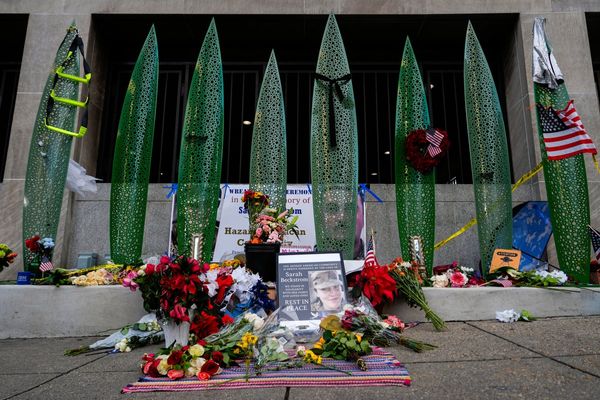
A recent Vatican synod has brought to light the pressing issue of women's roles within the Catholic Church. The final assembly document, approved by Pope Francis, emphasized the need to provide women with leadership opportunities within the church. However, the question of ordaining women as deacons remains unresolved, sparking frustration among some members of the assembly.
Phyllis Zagano, a research professor at Hofstra University, pointed out historical evidence of women being ordained as deacons in the Church up to the 12th century, urging for a definitive decision on the matter. Despite efforts to address gender equality, the Church's all-male hierarchy and traditional teachings continue to pose challenges.
Pope Francis has faced criticism for his views on women's roles in the church, particularly his stance against ordaining women as deacons. While the pontiff has allowed studies on female deacons, the issue remains contentious within the Church.



Notably, Francis has taken steps towards inclusivity by appointing women to senior positions and including female voters in the synod assembly for the first time. The presence of young voices like Julia Oseka, a 23-year-old theology and physics student, highlights the growing urgency for gender equality in the Church.
Despite resistance to reforms, some delegates emphasize the importance of women's participation and the need for the Church to address discrimination and violence against women. Calls for concrete changes and greater recognition of women's equality continue to resonate within the Catholic community.
While progress may seem slow to some, the Vatican's recent efforts represent significant strides towards gender inclusivity in an institution known for its traditional values and long-standing practices.







